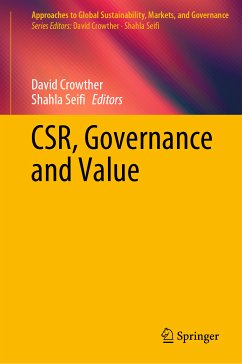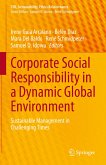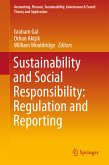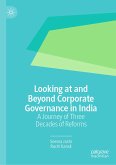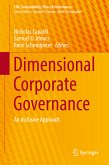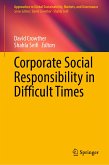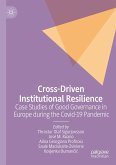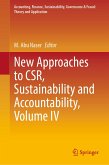The book critically examines these transformations in business behavior through the lenses of governance and CSR, questioning the need for redefining key concepts in the field. Authored by scholars from diverse global backgrounds, it blends theoretical insights with practical considerations, offering a comprehensive exploration of the evolving landscape. Drawing from the tradition of the Social Responsibility Research Network, known for its inclusive approach and emphasis on interdisciplinary research, the book presents varied perspectives and solutions derived from shared best practices. Based on contributions from the Network's recent conference, this book showcases both the unity and diversity of ideas within the field. By examining both theory and practice, it aims to deepen our understanding of these evolving trends and their implications for defining key concepts in social responsibility and governance.
Dieser Download kann aus rechtlichen Gründen nur mit Rechnungsadresse in A, B, BG, CY, CZ, D, DK, EW, E, FIN, F, GR, HR, H, IRL, I, LT, L, LR, M, NL, PL, P, R, S, SLO, SK ausgeliefert werden.

